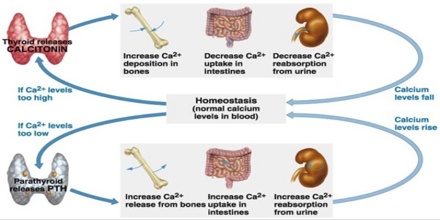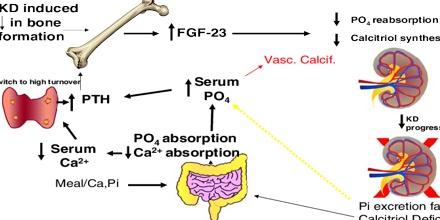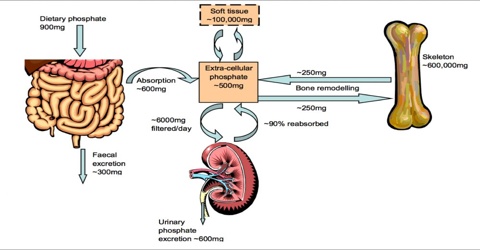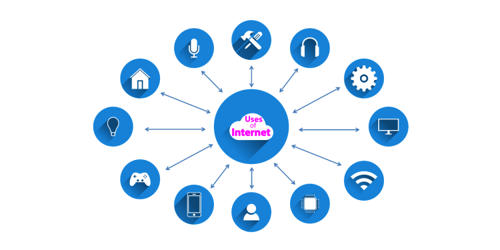Mineral and bone disorder correlated to kidney disease happens when there is an inequality in your blood levels of calcium and phosphorus. This mineral inequality can affect your bones, heart and blood vessels. Mineral and bone disorder occurs when damaged kidneys and abnormal hormone levels cause calcium and phosphorus levels in a person’s blood to be out of balance. Mineral and bone disorder usually occurs in people with CKD and affects most people with kidney failure receiving dialysis.

Symptoms of mineral and bone disorder
Mineral and bone disorder can cause you to have:
- Itchy skin
- Bone pain
- Weak bones that break easily
- Blocked blood vessels
- Heart problems
- Anemia
- Nerve problems
- Difficulty fighting off germs
Causes
Chronic kidney disease causes mineral and bone disorder because the kidneys do not accurately balance the mineral levels in the body. The kidneys
- stop activating calcitriol. The low levels of calcitriol in the body create an inequality of calcium in the blood.
- do not remove the phosphorus in the blood suitably, so phosphorus levels rise in the blood. The extra phosphorus pulls calcium out of the bones, causing them to weaken.
Another aspect contributes to the reason of mineral and bone disorder. When the kidneys are spoiled, the parathyroid gland releases parathyroid hormone into the blood to pull calcium from the bones and raise blood calcium levels. This reaction restores the balance of phosphorus and calcium; however, it also starves the bones of much-needed calcium.

Treatment mineral and bone disorder
Many people with kidney disease or kidney failure need treatment for high blood phosphorus or PTH levels. Your healthcare provider will order the treatment that is right for you.
Lower phosphorus diet: Eating a lower phosphorus diet helps to keep your blood phosphorus in the right range.
Phosphate binders: Phosphate binders are medicines that help to keep blood phosphorus levels under control.
Vitamin D: Your body needs the active form of vitamin D. Your healthcare provider will decide which type of vitamin D medicine is right for you
Calcimimetics: Calcimimetcs are medicines often used when blood PTH, calcium and phosphorus levels are too high.
Calcium supplements: Speak to your healthcare provider before taking a calcium supplement. The results of your blood tests will help show if you need to take extra calcium.
Surgery: Some people with high PTH levels need surgery to remove some or all of the parathyroid gland.
Exercise: The exercises that may be most helpful are called strengthening and weight-bearing exercise. Check with your healthcare provider before starting an exercise program.
Conclusion
The body’s endocrine system produces, metabolizes and regulates the function of hormones and minerals required for daily health. Natural minerals keeping up within the body include calcium, iron, salt, vitamins and other vital substances. When this system of hormones and minerals stops working correctly, certain conditions and diseases may develop.
















